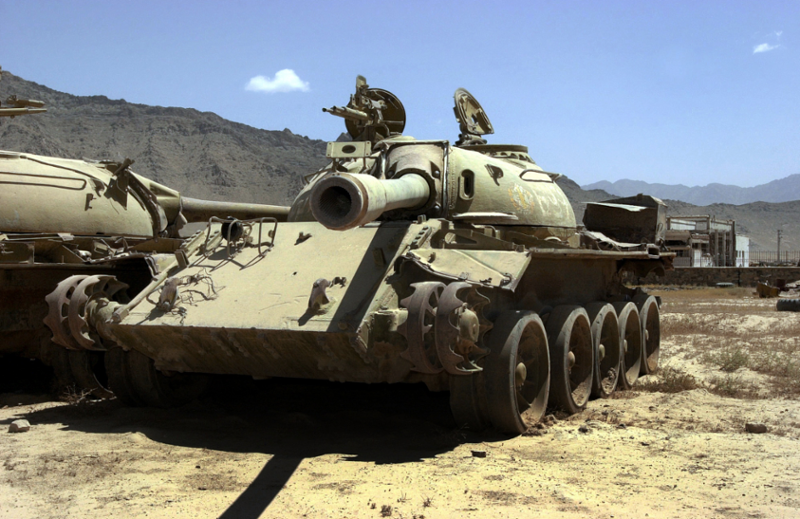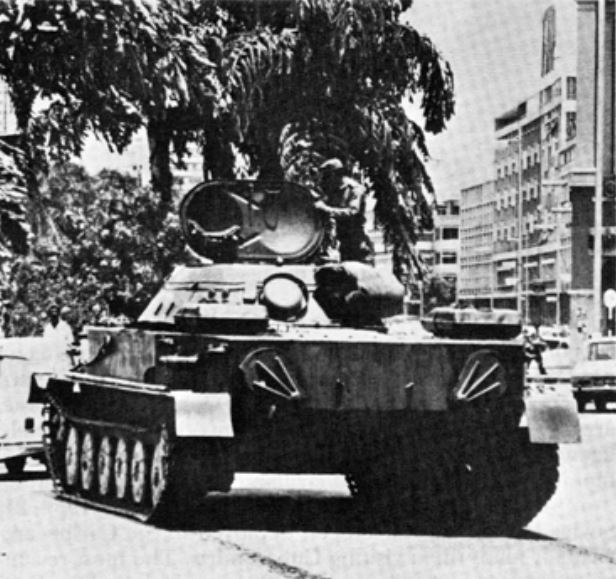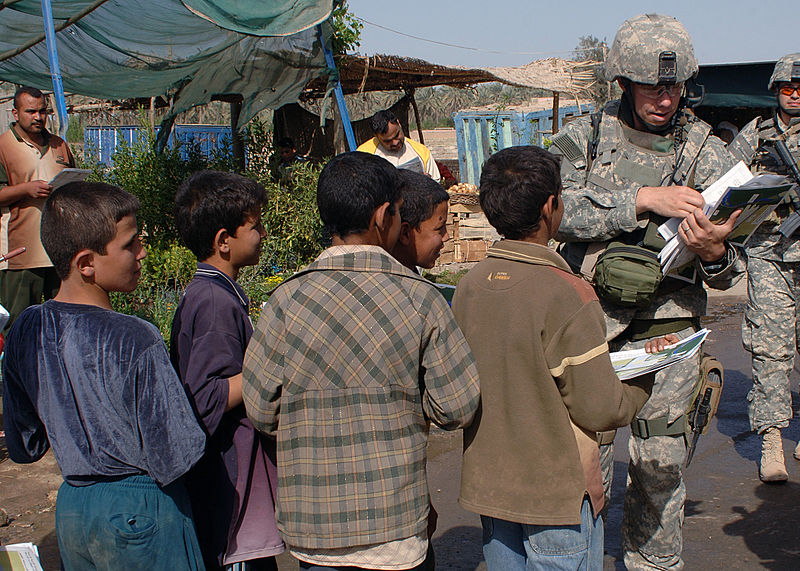Coercing an Ally: The Problem with Counterinsurgency Warfare
By Tom Porter
Elias, whose research areas include international relations, foreign policy, security, and Islam and politics, is currently working on a book looking at some of the costliest counterinsurgency (known as COIN) campaigns since World War II. She’s identified nine conflicts where a foreign military power has gotten mired in campaigns that have cost the lives of at least one thousand of their troops.
The cases she has chosen are the US-led COIN campaigns in Iraq and Afghanistan this century, as well as the Russian (or Soviet) war in Afghanistan in the 1980s against the mujahideen. She also looks at the Indian intervention in Sri Lanka in the late 1980s, the Americans in Vietnam, and some other less- discussed wars, like the Cuban involvement in Angola, the Vietnamese in Cambodia, the Syrians in Lebanon, and the Egyptians in Yemen back in the 1960s.

“I haven’t been able to do the same level of detailed research with some of these conflicts, because the regimes in power aren’t as open to releasing all the relevant documents. Of the non-US examples,” she says, “I was able to get primary sources for the Soviets and Indians. For the others I had to reply on secondary sources.”

A Cuban tank in Angola, 1976
Local Allies
The biggest mistake made by intervening forces, says Elias, is failure to adequately cement local alliances due to an ignorance over the nuances and importance of local politics. “The US military’s COIN field manual, for example, largely ignores the politics of the host nation because it’s a manual for soldiers, who typically would prefer to stay away from politics. The manual simply assumes that local allies will cooperate because they have shared goals (i.e., the defeat of the insurgency).”
When troops find themselves on the ground, however, Elias says they often find they’re unable to follow the guidelines of the manual because they don’t have a reliable local partner, whether it’s a local commander in the mountains of Afghanistan, or a religious-political leader in a key Iraqi city.
“Local allies are often lukewarm about cooperating with the intervenors because they don’t fully trust them,” explains Elias. “They’re not interested in accepting the risk inherent in working with a foreign power for long-term gain that is not guaranteed. After all, the foreign power will one day leave, and the insurgents could rise again and seek revenge against those who helped the ‘occupying forces.’”
Lessons Learned?
In studying fifty years of unsuccessful COIN campaigns, what lessons does Elias think should be learned? “Be less ambitious and less naïve in terms of what you expect from your allies,” she says. “Accept the limitations of local allies and work within those parameters. This is something the Cubans were more successful at when they intervened in Angola in the mid-70s. They had less firepower and resources than the US, so they had to work with what they had and were less apt to try to create a state in their own image.” Success at COIN, she stresses, hinges on compromise and, crucially, focusing on shared interests, not values.

Has the US learned these lessons? Not really, says Elias. “The COIN field manual from 2006 was upgraded in 2014 with one added paragraph regarding the challenges of dealing with local allies, which doesn’t represent a great learning curve.” One of the problems, she says, is that military personnel are not always well positioned to embrace the complexity of local politics— it’s an extraordinarily difficult and tedious process for Americans in a foreign territory, and is often times beyond their purview.
Elias’s book, The Politics of Asymmetric Counterinsurgency Partnerships, is currently under review for publication.



